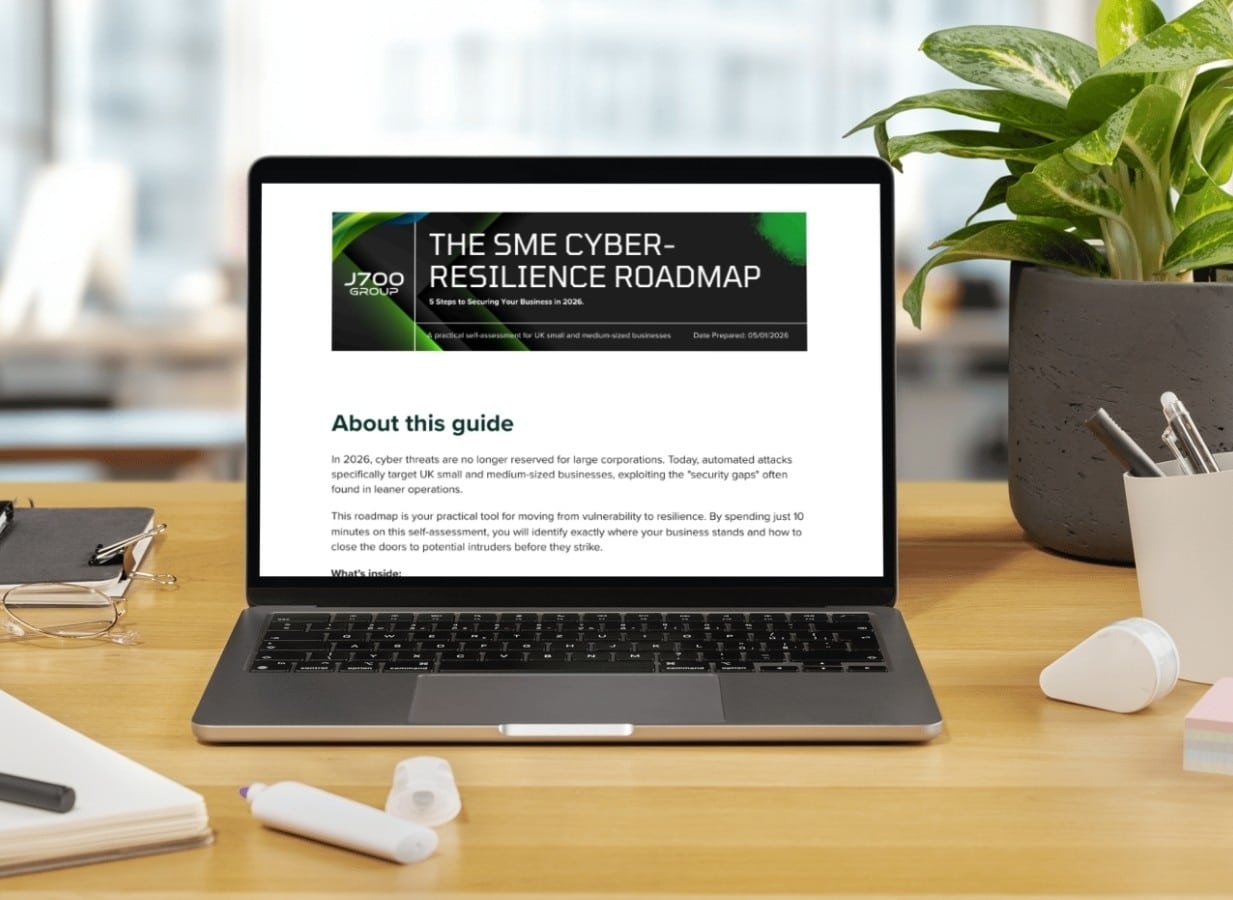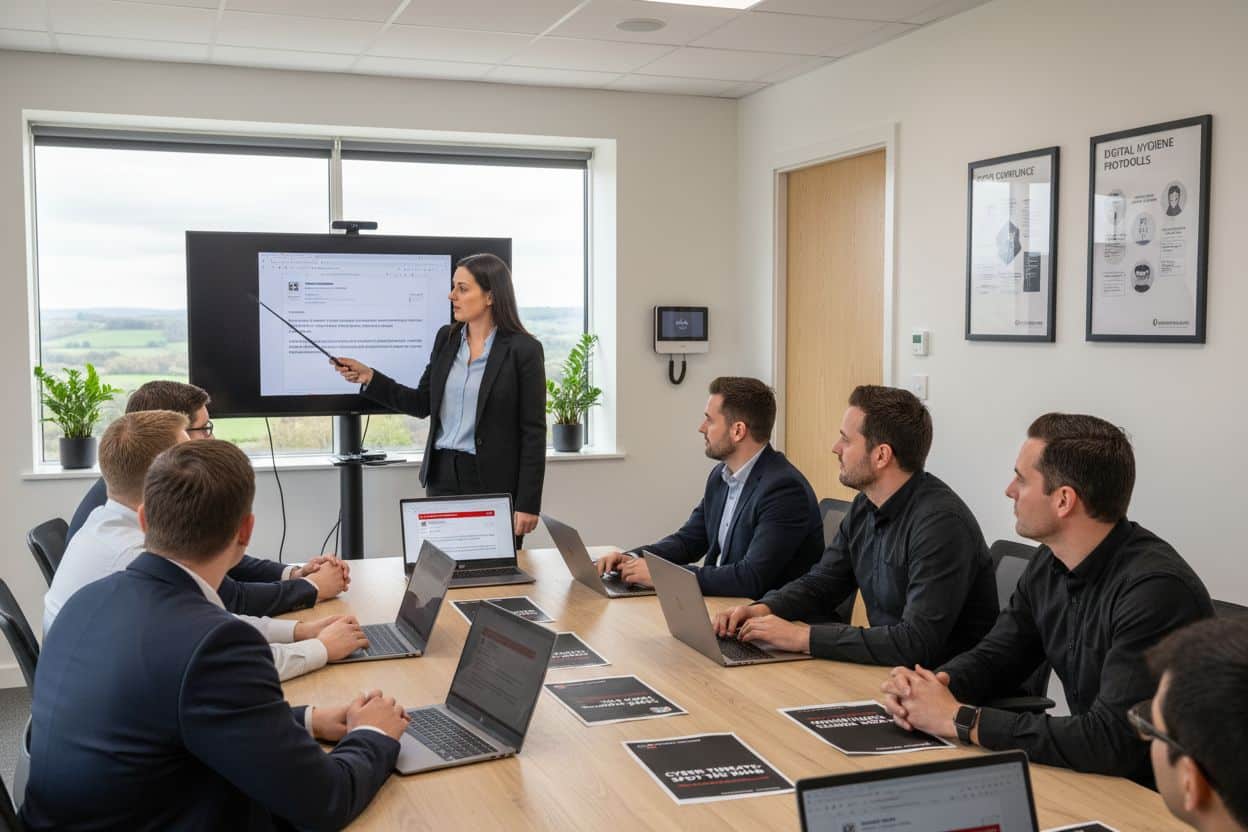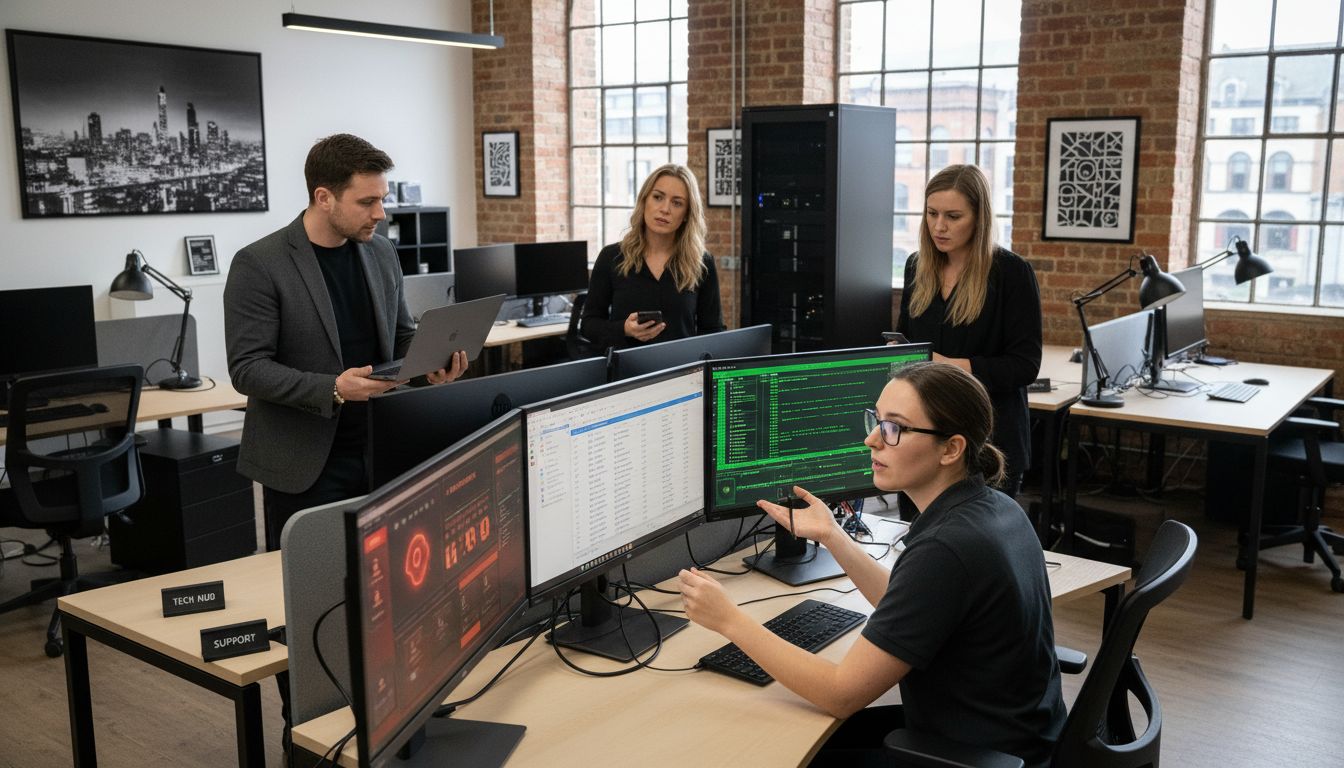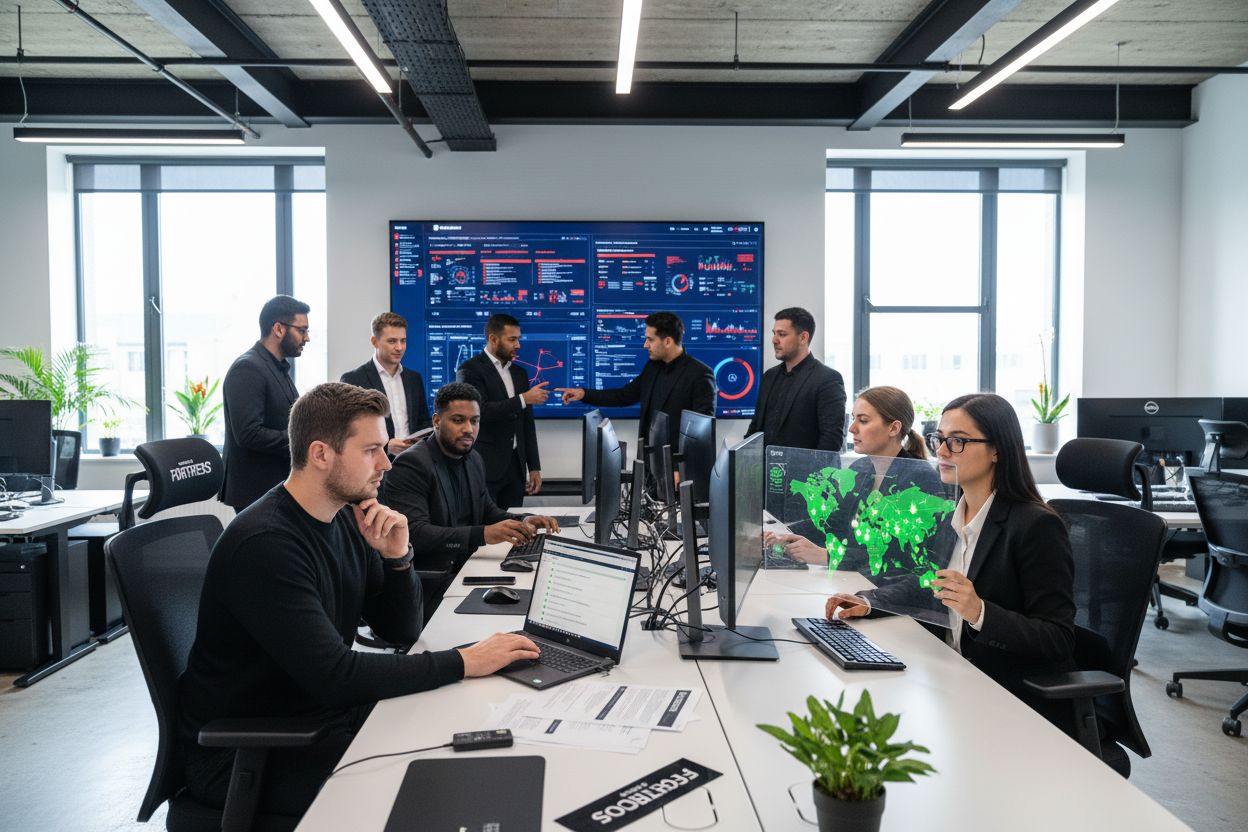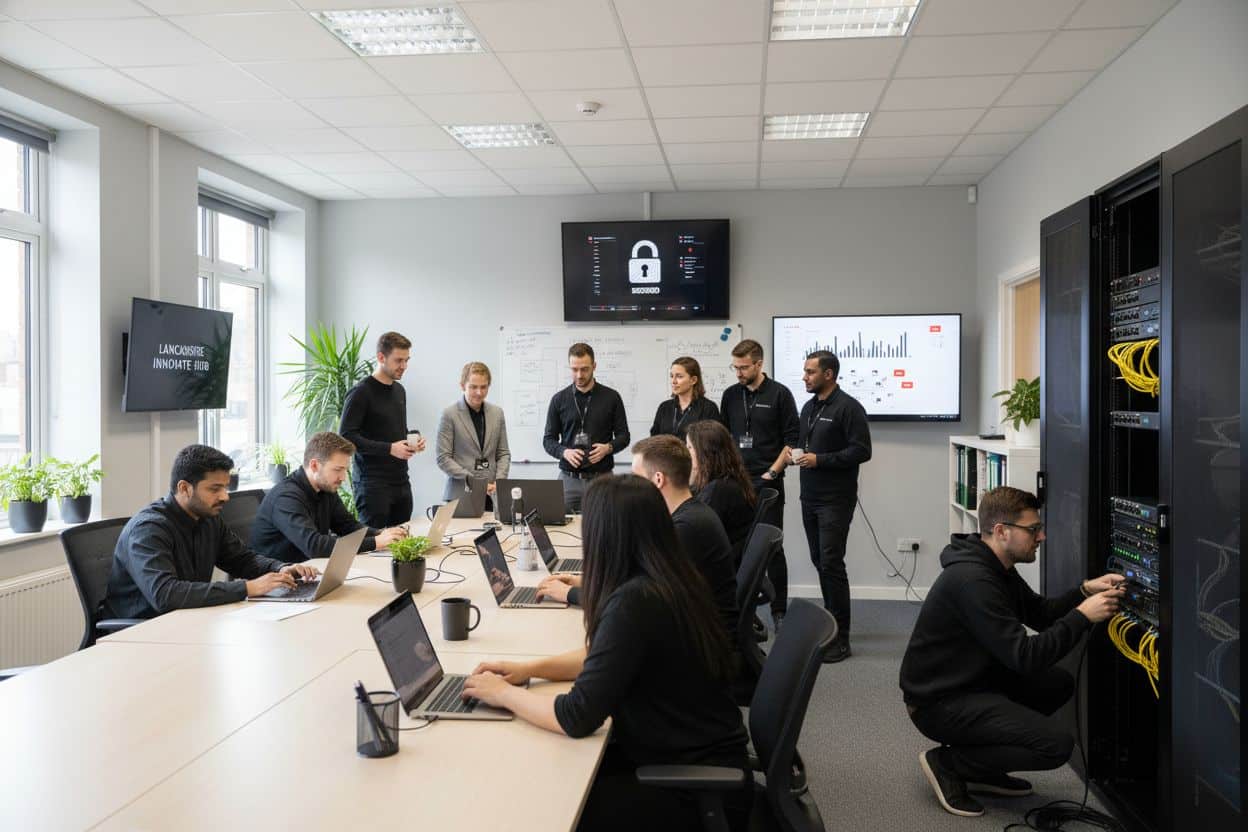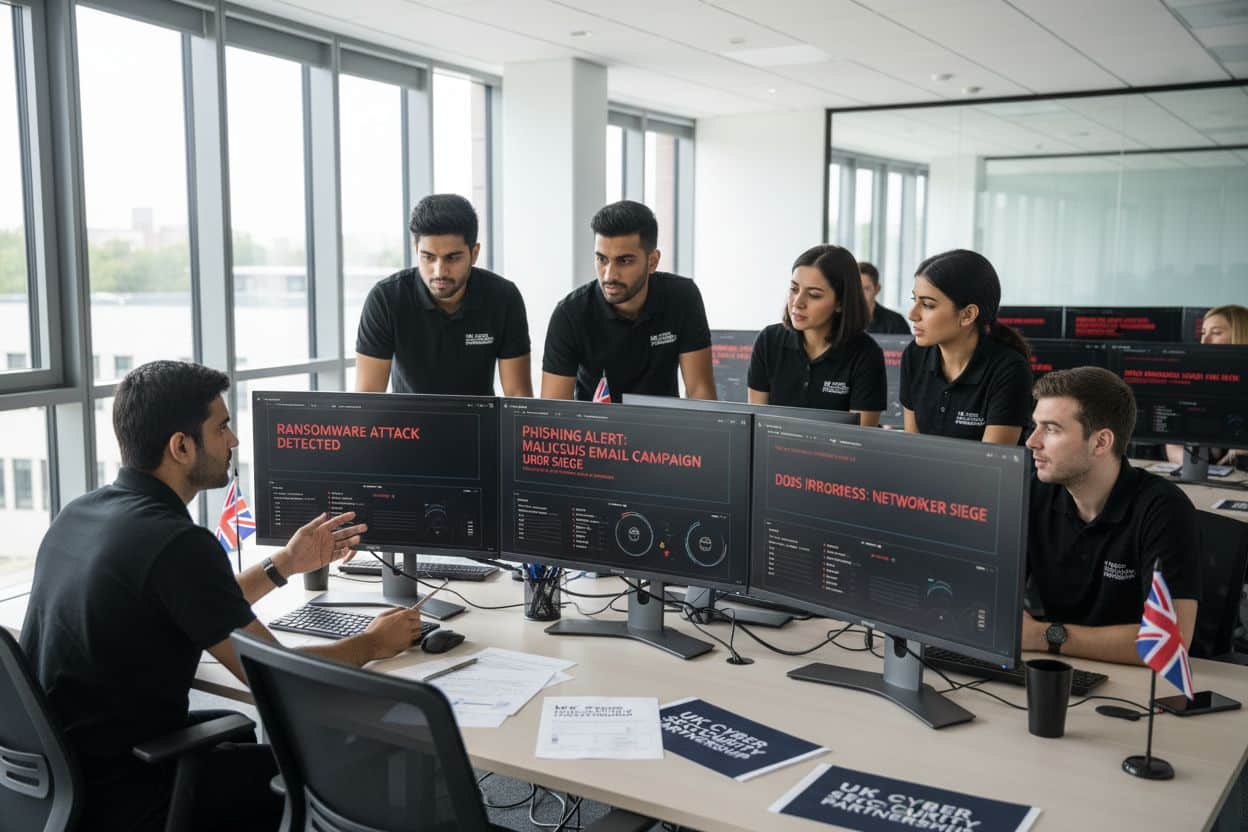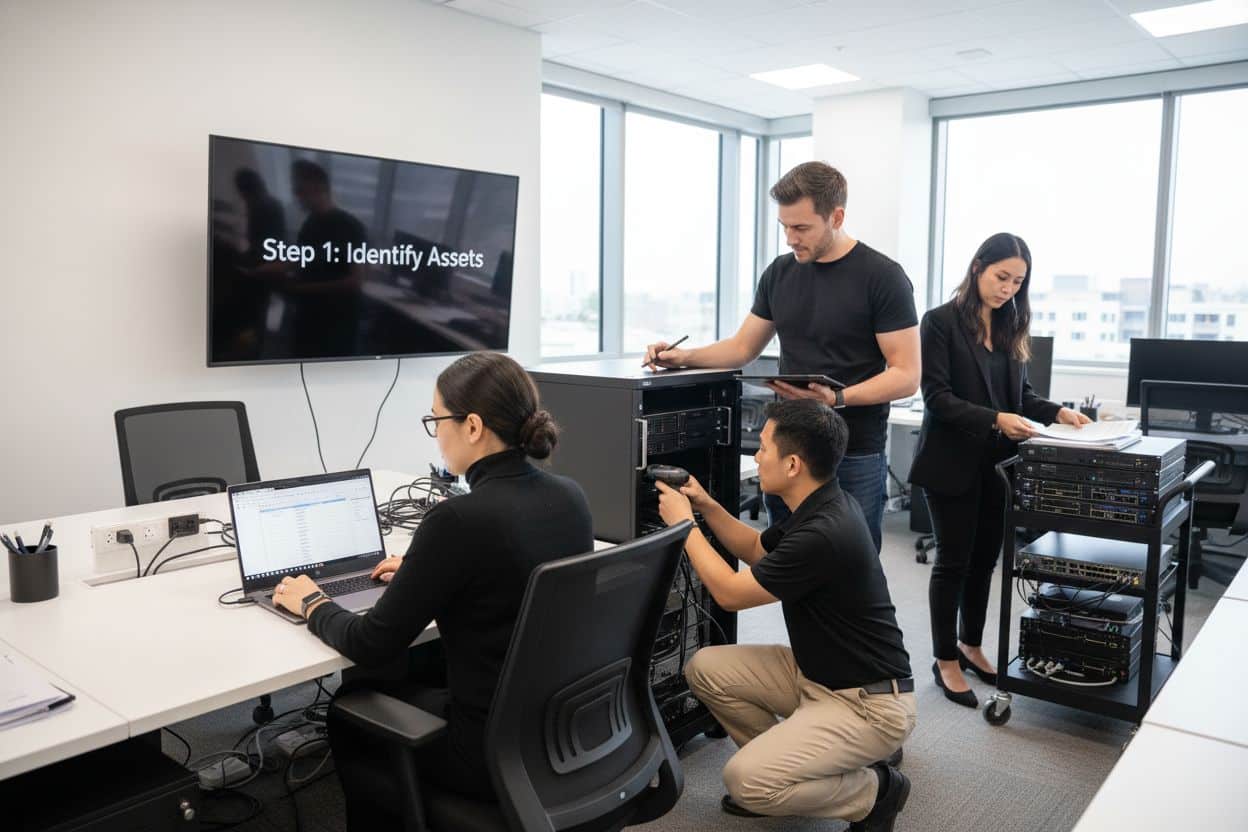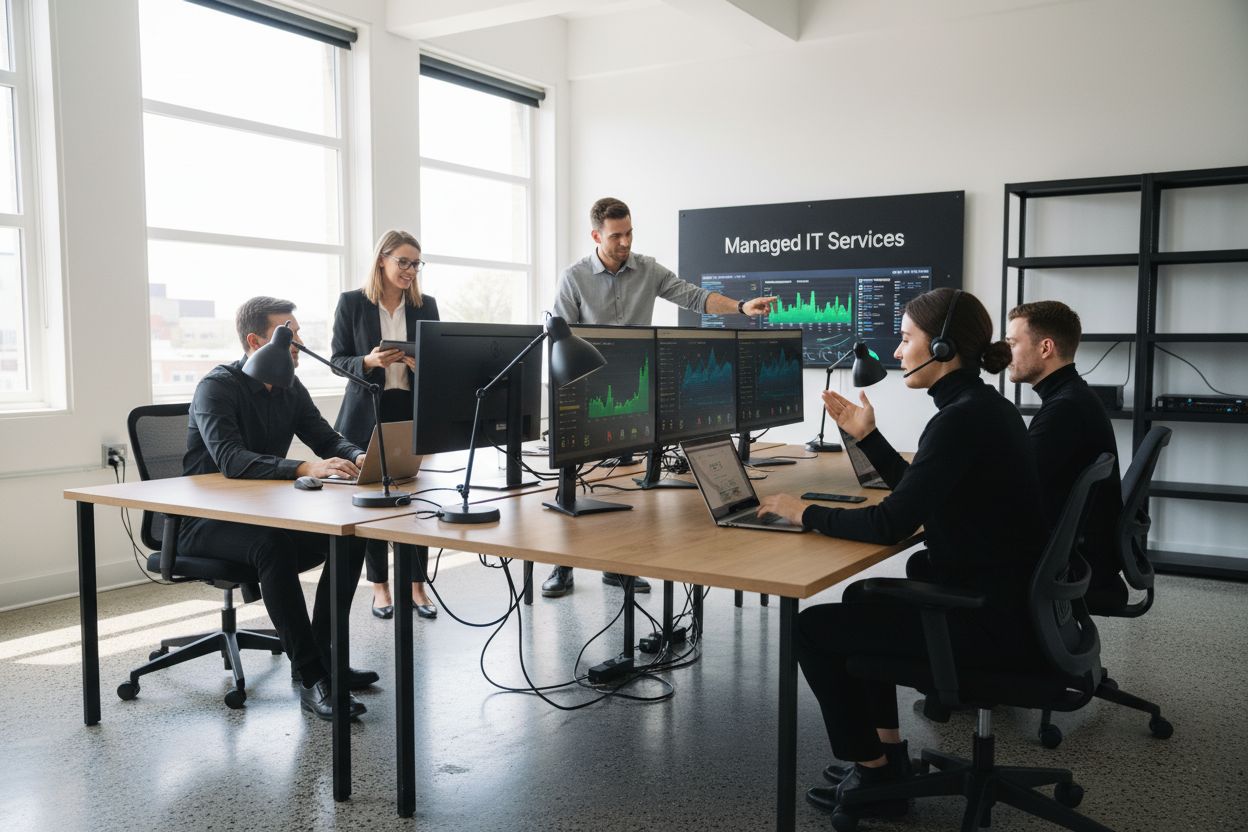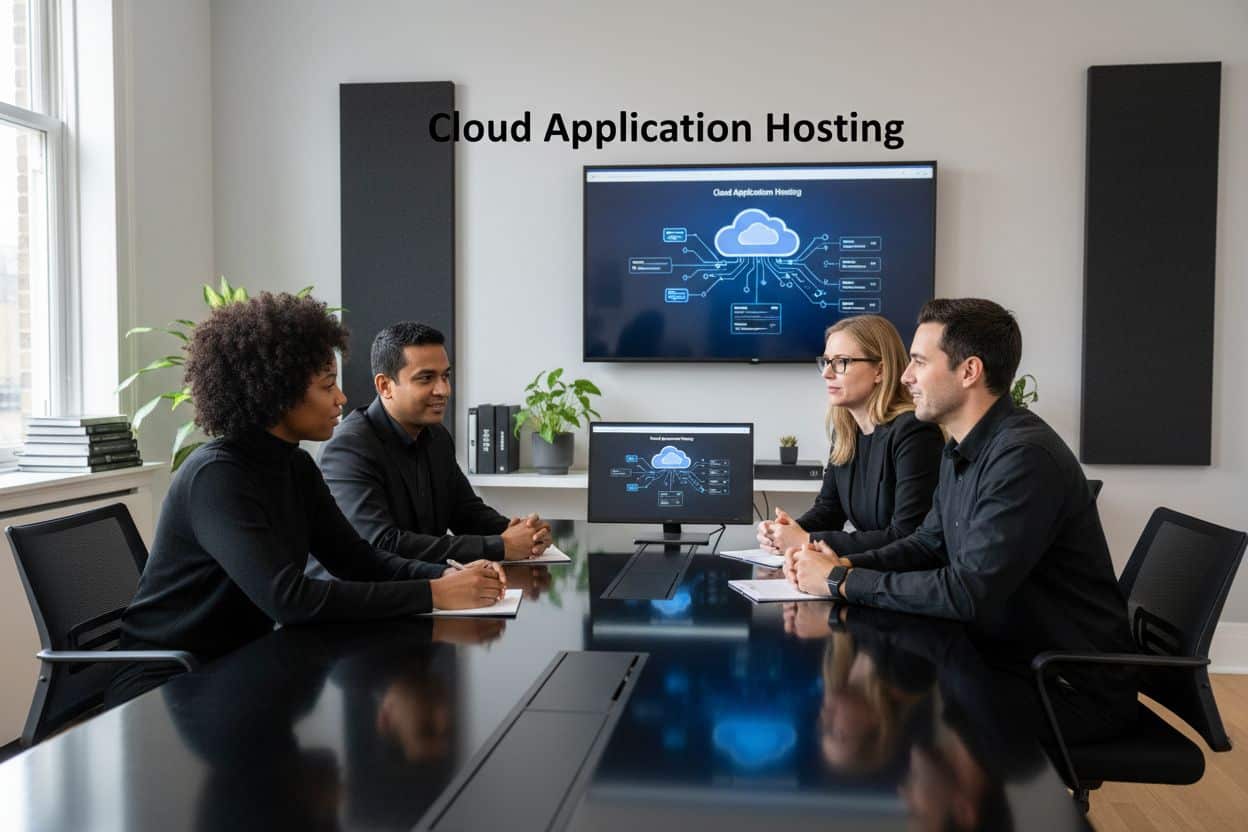We are thrilled to announce a significant milestone in the J700 Group journey. To keep…
Read More
A Prospect trade union poll has revealed that 32 per cent of UK workers are being remotely monitored and tracked by employers.
Big Rise
The poll also shows a rise in the number of employees under remote surveillance that’s up from a quarter (24 per cent) from just 6 months ago in April. This includes a doubling of the usage of camera monitoring in people’s homes, with 13 per cent of home-workers now being monitored by cameras compared to only 5 per cent 6 months ago.
Young Workers Particularly At Risk
Prospect’s poll, conducted by Opinium, shows that young workers (18 to 34) are particularly at risk of a higher rate of monitoring. The poll showed that 48 per cent of younger workers have reported being monitored at work, including 20 per cent being monitored using cameras.
Tech Sector Workers Particularly Affected
Prospect has stressed its concerns that intrusive monitoring of this kind is likely to be particularly affecting workers in sectors with higher levels of remote working, larger proportions of younger workers, and low levels of trade union membership (e.g., the tech sector).
Monitoring What?
The kinds of metrics and details that employee monitoring software can highlight are:
– Taking sample screenshots/recording screens.
– Whether employees are active/inactive during working hours.
– How much time is spent on the Internet, plus whether games are being played or social media accessed too much.
– Whether employees are using work devices for work or private purposes.
Largely Unregulated
Prospect general secretary Mike Clancy has expressed his concerns, not just at the level of surveillance but also at the apparent lack of regulation saying:
“New technology allows employers to have a constant window into their employees’ homes, and the use of the technology is largely unregulated by government.
“We think that we need to upgrade the law to protect the privacy of workers and set reasonable limits on the use of this snooping technology, and the public overwhelmingly agree with us.”
Labour’s Shadow Digital Minister, Chi Onwurah MP, agreed and highlighted the matter of consent (or lack of it) saying:
“Ministers must urgently provide better regulatory oversight of online surveillance software to ensure people have the right to privacy whether in their workplace or home.
“The bottom line is that workers should not be subject to digital surveillance without their informed consent, and there should be clear rules, rights and expectations for both businesses and workers.”
COVID Has Driven Surveillance and Surveillance Is Driving ‘Gigification’
Anna Thomas, Director of the Institute for the Future of Work think tank pointed to the cause of the increased surveillance and how it could be affecting the nature of some jobs saying:
“IFOW research suggests COVID has driven a significant acceleration in technology adoption by businesses, leading to fundamental changes to the terms, conditions and quality of work.
“Speaking to both remote workers staying at home and key workers who travelled to workplaces through the pandemic, we found that increased surveillance is driving an intensification, and in many cases ‘gigification’ of jobs.”
What Laws Relate To Monitoring of Employees?
Data protection (the data gathered about individual employees), and privacy are the key concerns where there is currently legal protection related to monitoring employees with software and cameras. Relevant laws include Article 8 of the European Convention on Human Rights whereby individuals have a non-absolute right to respect for their private and family life and correspondence, and (UK) GDPR. Under GDPR, data needs to be processed lawfully, fairly, and transparently as well as being collected for specified, explicit and legitimate purposes and not further processed in a way incompatible with those purposes. Also, monitoring data must be adequate, relevant, and limited to what is necessary for those purposes.
The guidance from ACAS is that although employers can monitor employees, workers are entitled to some privacy at work and employers must tell employees about any monitoring arrangements and the reason for it. Employers should have procedures in place setting out what is and what isn’t allowed, and these procedures should be made clear and understood by all workers before monitoring begins. Generally, employers must have a genuine reason to conduct covert monitoring such as criminal activities or malpractice, and any monitoring should be limited, targeted and within certain times, and employers should also have regard for private communications.
Suggested Measures
Prospect’s fundings have led the union to suggest possible measures to protect employees from intrusive monitoring, which include:
The Information Commissioner’s Office (ICO) needs to toughen the regulation on the introduction of new monitoring technology in workplaces, and ensure that employees are always consulted, and that there is full transparency on how this tech is used.
The government should consider banning the use of camera monitoring in people’s homes and make it illegal for employers to use webcams to check up on workers outside of meetings and calls.
What Does This Mean For Your Business?
Employee monitoring has a value to businesses in terms of helping to manage productivity and ensure that company policies and procedures are adhered to. Remote monitoring of employees started to become more widespread with the remote working caused by the pandemic lockdowns. The resulting shift to hybrid working patterns appears to have driven a further rise in monitoring, but the level of increase and the use of camera monitoring have caused alarm among unions like Prospect, privacy campaigners, and some government ministers. Although Prospect has called for more regulation and for help from the ICO, employers who are currently monitoring their employees (or are thinking of doing so) need to be aware that there are already laws covering how it can be used. For example, workers are entitled to some privacy at work and employers must tell employees about any monitoring arrangements and the reason for it.
Although Monitoring employees can bring many business benefits (e.g., unbiased insights, highlighting areas for cost savings, and getting early warnings of misbehaviour) it is important to stick to the law and to consider that retaining employee trust, maintaining morale, and displaying behaviour that sends positive motivational messages to employees can also be contributors to productivity.
About Us
J700 Group are a Lancashire-based, family-run, professional and responsive, Managed Solutions Provider helping Businesses, the Education Sector, and the Healthcare Sector to utilise Innovative IT Consultancy Services, Cloud Solutions, Cyber Security, Microsoft 365, Telecoms, Web Design and SEO solutions to propel their organisation to the next level and beyond.
As an experienced IT Support Provider, helping businesses across Lancashire & Manchester, if you need any assistance with your IT including IT Hardware, a Disaster Recovery Policy or Managed Backup Solutions; Contact us today to see how we can help your business.
#tech #technews #technology #j700group #biztips #b2b #sme #lancashire #itsupport #remotemonitoring #techlaw
Call us today: 0333 7721 700
Where to find us: Prinny Mill Business Centre, 68 Blackburn Road, Haslingden, Lancashire, BB4 5HL




